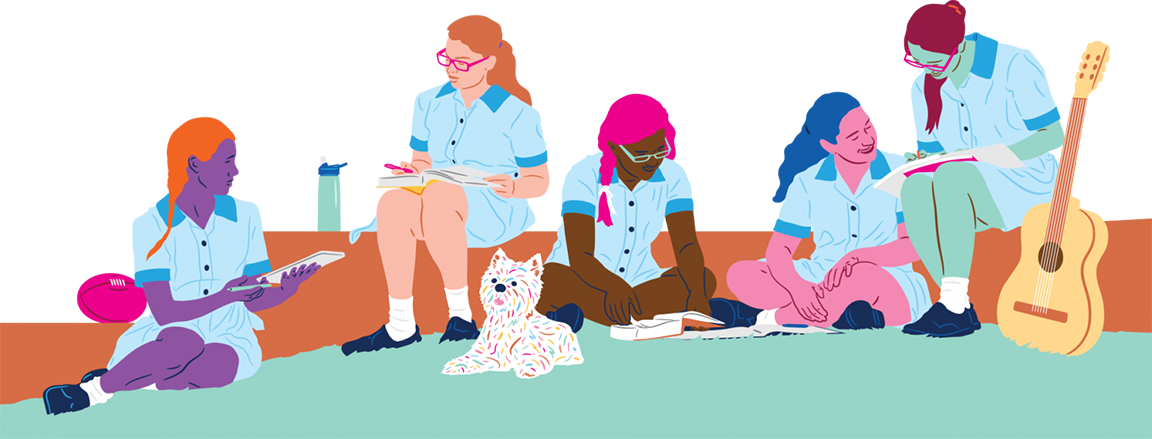It was such a delight to finally enjoy our Centenary Gala event last Saturday night at Leonda.
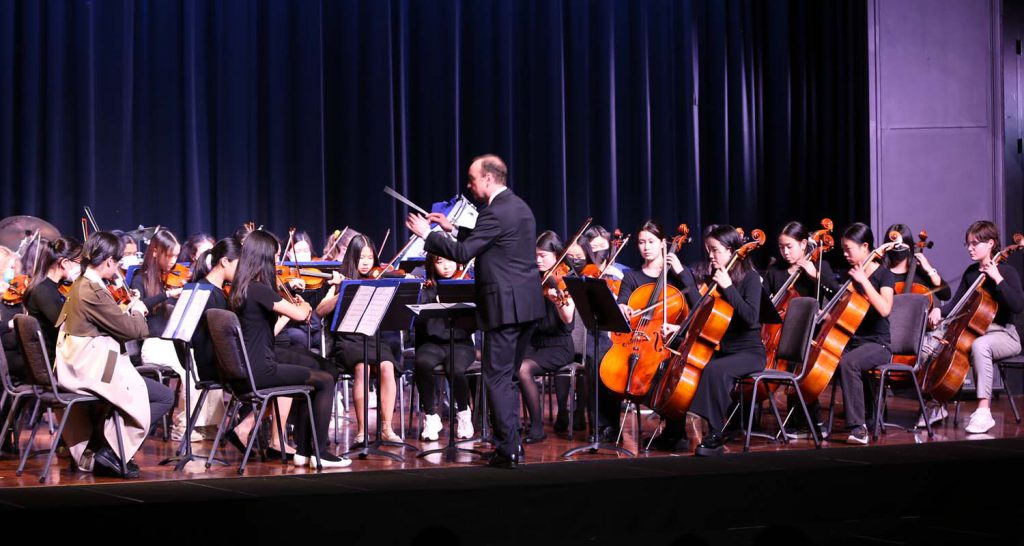
Each year I look forward to the many House and School performing arts events. Recently we enjoyed the amazing performances of our Senior School students in Matilda The Musical, reflecting hours of organisation, planning and rehearsals.
Next week we have our Junior School musical Wilbur the Optical Whale and I know that many of our students are excited about performing after an extensive rehearsal schedule.
I recently asked Keira Lyons, our Head of Drama and Performing Arts, why performing arts are so important in a holistic education. Her response (below) was very compelling.
The intelligence of a human being is multi-faceted. Our academic intelligence thrives on theories and logic – connecting the dots. It’s about specificity and accuracy. Our body intelligence absorbs information about the world in a very different way. It is much more immersive as it ambles through experience, absorbing and processing in a considered way. It is intuitive and instinctive. Our emotional intelligence benefits from both approaches. To be comfortable in one’s own skin requires a confident knowledge of self, and others.
The study of theatre is exactly that – the study of self, and others. Performance techniques assist individuals to know and appreciate their own set of expressive skills: what is the impact that my tone has on meaning? What is my body language saying right now? …and to play a character, to act on behalf of another – we must be free from judgement.
We need empathy to understand what might drive a person to act in a certain way. Our research leads us to understanding social and historical circumstances that impacted on the development of the people and world around us. At the end of each project, we find that we are much more than who we were when we began.
The arts require us to exercise each facet of intelligence, to be present in the process and to care.
At its core, there are also two skills that I believe are fundamental to our ability to develop and grow – both as individuals and a society. The first is imagination; the act of safely visualising, in detail, something which is not currently present in our environment and then the act of believing in it so that it might be able to change us.
One of the most difficult things, growing up, is the ability to believe in ourselves; the second skill. Theatre helps us to practice looking inside, into the vastness of self and believe in things that are yet to emerge.
Belief gives us something to hang onto and imagination assists us to bring it to life.
The arts also assist us to invest in a repetitive process – understanding that each time you return to the material, it’s not to exactly replicate the last time but to build on it. To deepen the outcome. Artists must cultivate the ability to be interested in repetition and routine. To not take it for granted and to understand that investing in something over time, is to be able to understand it to such a point that a chosen outcome can be crafted. How many times do we find ourselves repeating patterns in our lives, striving to rewrite the outcome of the narrative or wanting not to be bored or trapped by the routine?
The process of crafting narratives in the theatre assists us through our own lives and puts us in charge of our own narratives and gives us faith and courage to share this process with others.
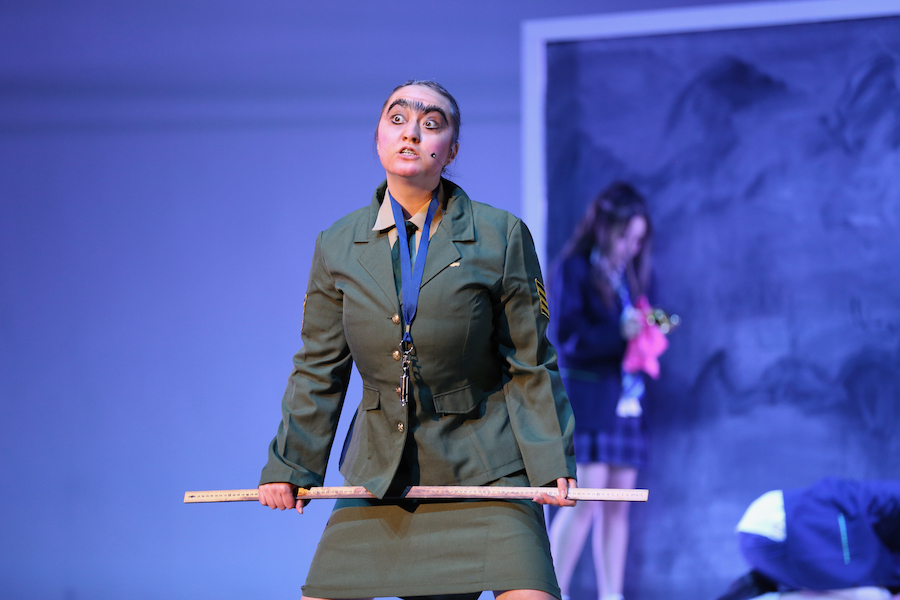
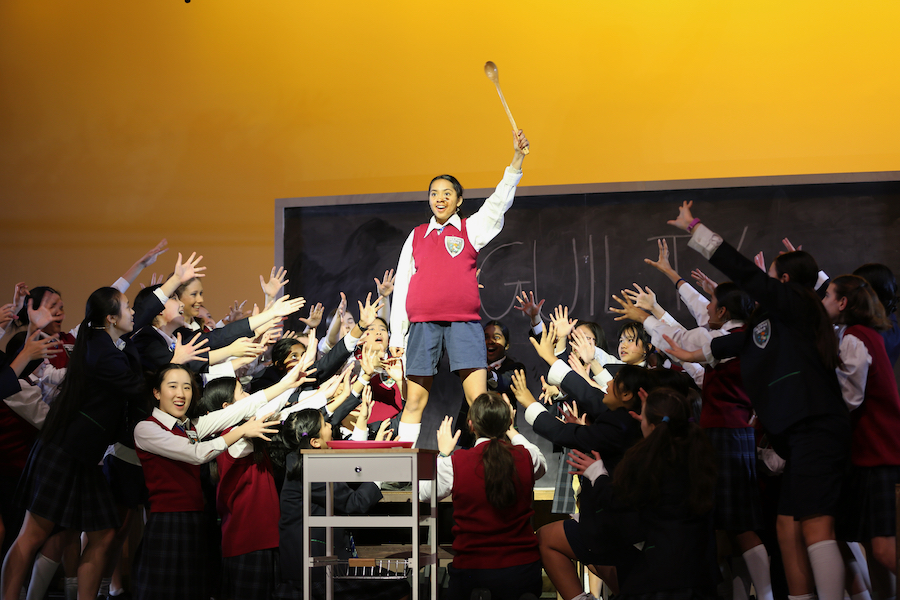
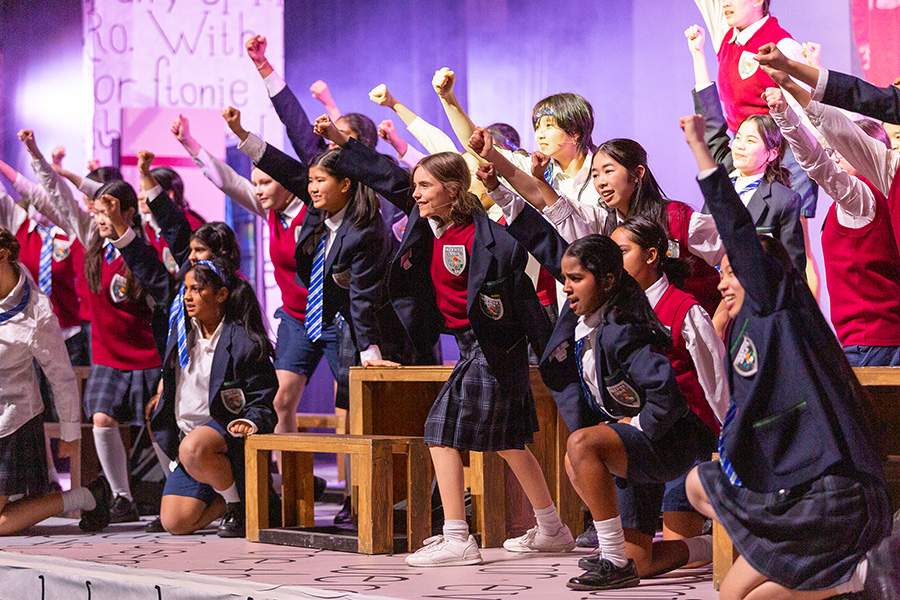
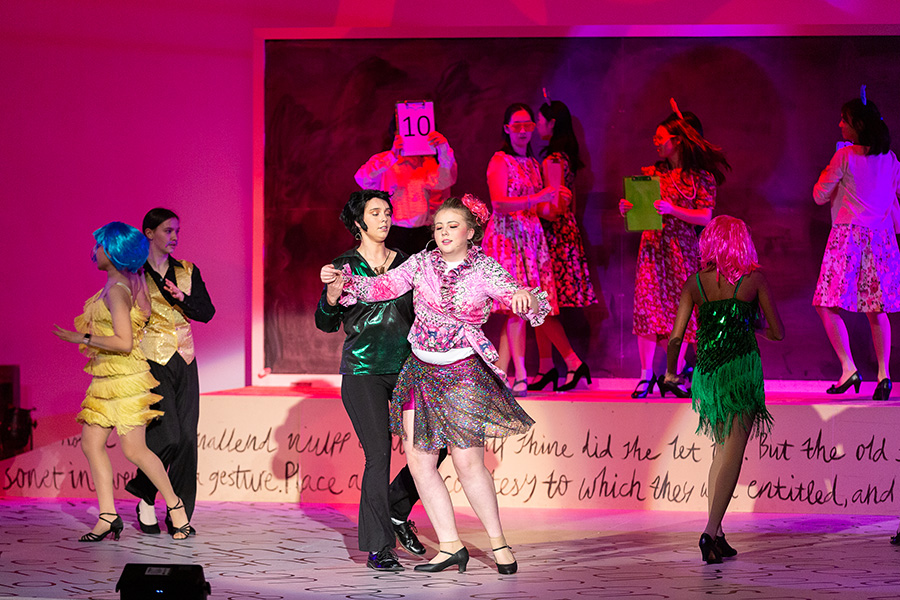
Last night we enjoyed our first full Winter Music Concert at school.
In speaking with Kate Savige and Rohan Mack our Directors of Music and Kath Buckingham our Speech and Drama Tutor, they also shared their views on the importance of the performing arts emphasising that the:
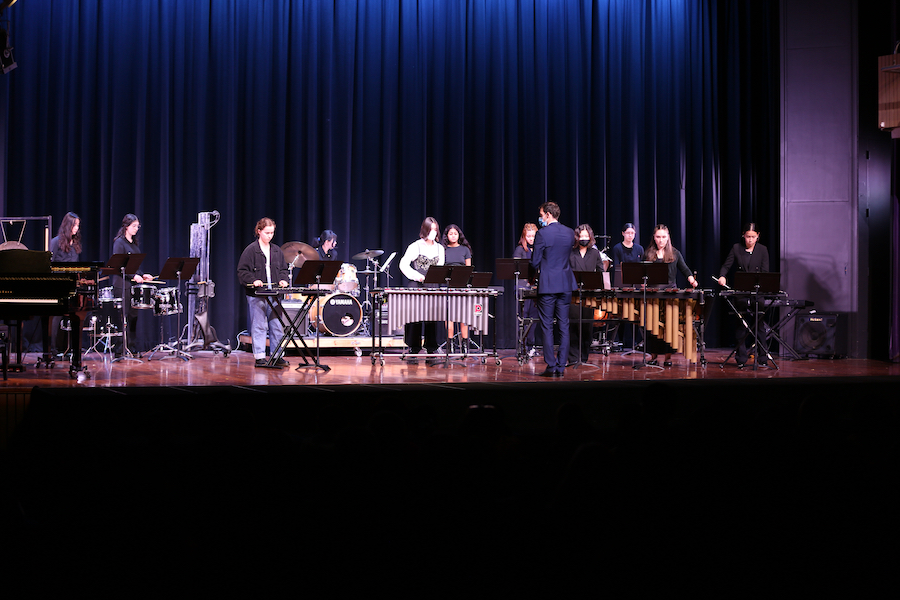
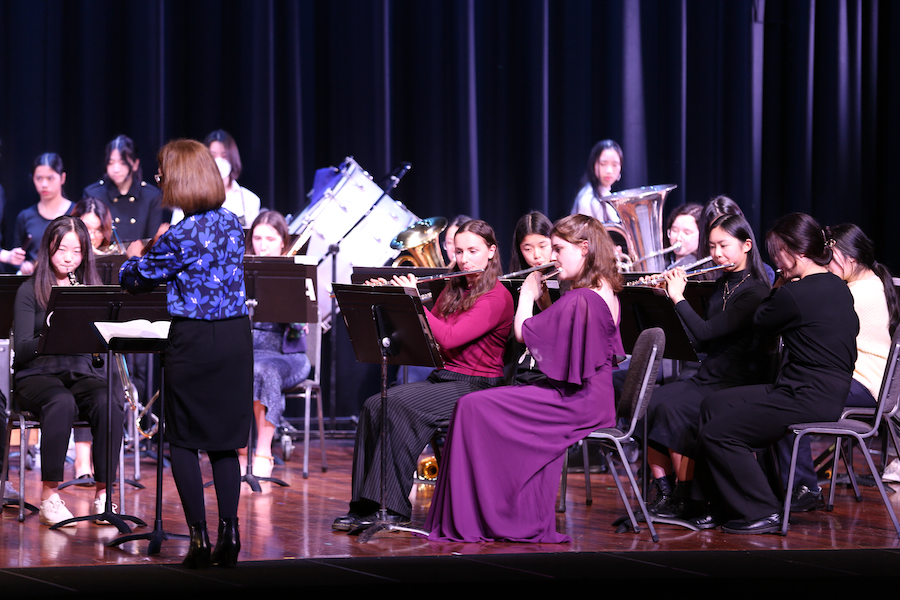
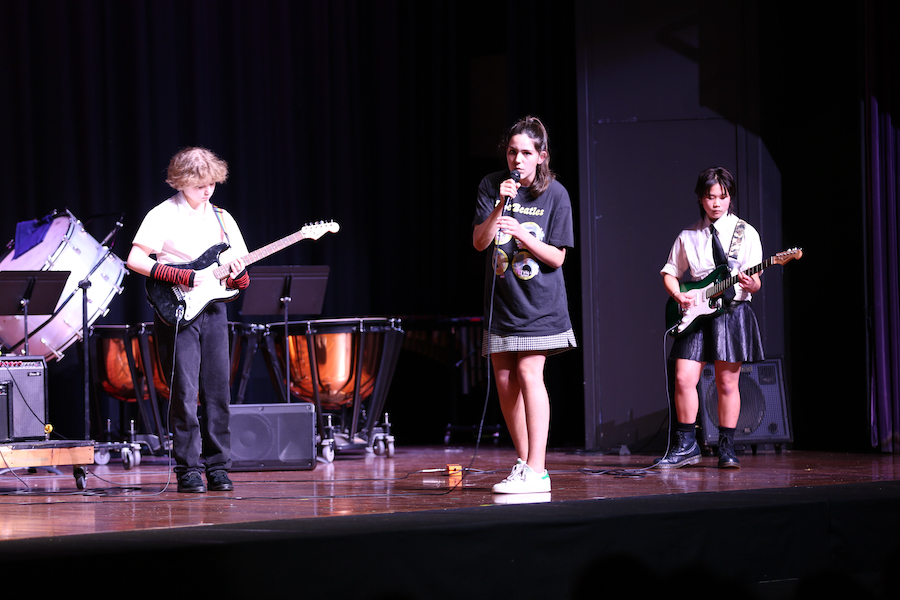
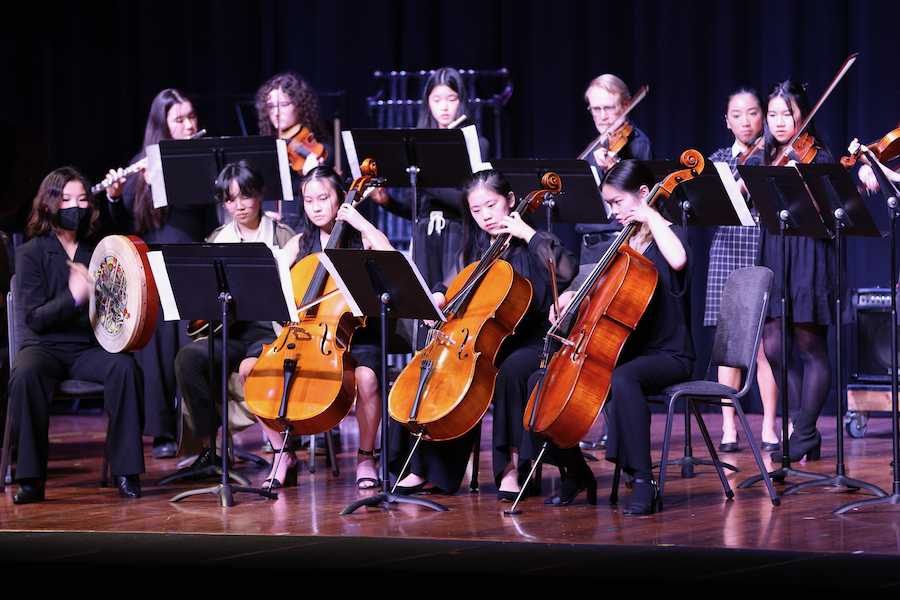
The performing arts have always been identified as a key component of a young person’s holistic education in Australia. At Camberwell Girls I also witness a great sense of pride in our performing arts students, and many convey how much they enjoy their involvement.
I constantly feel proud of our students involved in the performing arts as the standard of their work, either onstage or as part of the backstage or technical teams is consistently of a very high standard. I also feel proud of our teaching staff and tutors whose own talent and dedication ensures such a rich experience for our students.
With best wishes,
Debbie Dunwoody
Principal
It was such a delight to finally enjoy our Centenary Gala event last Saturday night at Leonda.
After a busy fortnight of fantastic performances from our students, Mrs Dunwoody reflects on the importance of the performing arts.
This week Mrs Dunwoody speaks about the importance of a connected community and the events that have brought us together recently.

